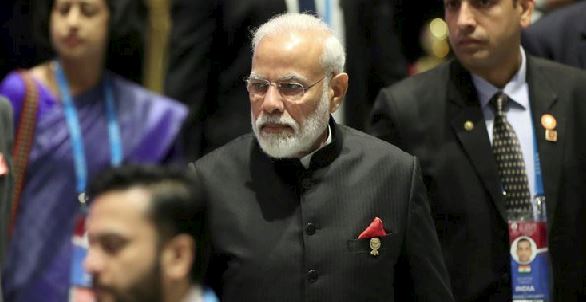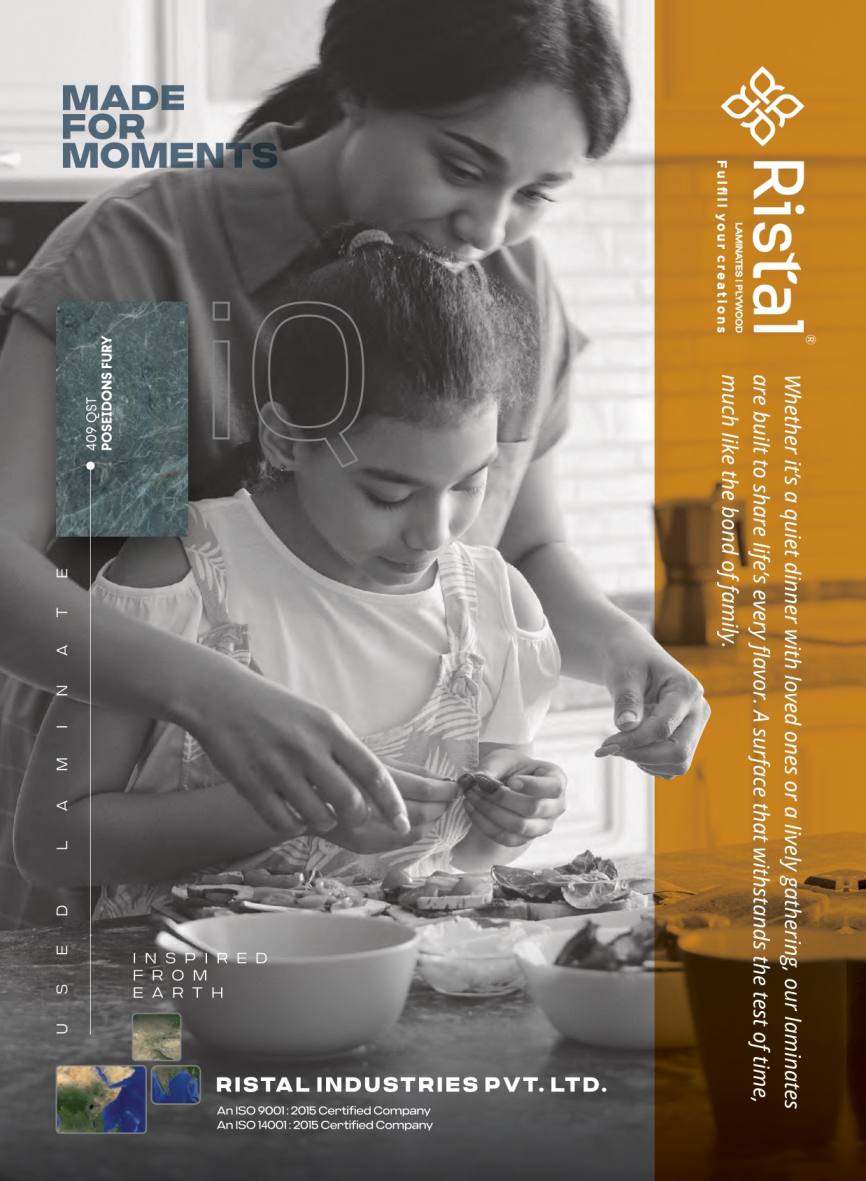
Keep the RCEP option open
- मार्च 21, 2020
- 0
Keep the RCEP option open
India chose not to join the consensus reached at Bangkok in November last year when member countries decided that the Regional Comprehensive Economic Partnership (RCEP) would move to the final phase of text-based negotiations and conclude the agreement by the end of 2020. India was not prepared to accept a regional trading arrangement in which it had limited entitlement to deal with import surges.
 There were issues relating to rules of origin. This is inherent in dealing with an already regionally integrated trading network based on supply chains. Typically, a product from any of the trading partners is made up of components and intermediates from several countries. Country specific trade measures and tariffs have little meaning. Not being part of these supply chains, India is at a disadvantage, since selectivity in tariff treatment of its numerous partners makes rules of origin a complex exercise. However, if India believes that the future of its trade lies in becoming part of regional and global supply chains then staying out of the RCEP contravenes that objective. A better strategy would have been to leverage the size of the Indian market to obtain entry into supply chains within the RCEP. This would have also triggered more urgent improvements in infrastructure, trade facilitation measures and quality, which count more in supply chains than tariffs. Supply chains can only work in a low-tariff regime allowing liberal import of components and intermediates.
There were issues relating to rules of origin. This is inherent in dealing with an already regionally integrated trading network based on supply chains. Typically, a product from any of the trading partners is made up of components and intermediates from several countries. Country specific trade measures and tariffs have little meaning. Not being part of these supply chains, India is at a disadvantage, since selectivity in tariff treatment of its numerous partners makes rules of origin a complex exercise. However, if India believes that the future of its trade lies in becoming part of regional and global supply chains then staying out of the RCEP contravenes that objective. A better strategy would have been to leverage the size of the Indian market to obtain entry into supply chains within the RCEP. This would have also triggered more urgent improvements in infrastructure, trade facilitation measures and quality, which count more in supply chains than tariffs. Supply chains can only work in a low-tariff regime allowing liberal import of components and intermediates.
The shift towards a protected economy is clear from the following observation of the finance minister, “It has been observed that imports under free trade agreements (FTAs) are on the rise. Undue claims of FTA benefits have posed threat to domestic industry. Such imports require stringent checks. In this context, suitable provisions are being incorporated in the Customs Act. In the coming months we shall review Rules of Origin requirements, particularly for certain sensitive items, so as to ensure that FTAs are aligned to the conscious direction of our policy.”
Most global trade is now conducted through large regional trade arrangements such as the North American Free Trade Area, the European Union, Mercosur (in Latin America). The RCEP would be their counterpart in Asia. The role of WTO has been declining progressively and with it the concept of unrestricted trade and investment flows and, importantly for developing countries, an acceptance of the principle of non-reciprocity based on levels of development. We are now moving towards a global trade regime, which will be more explicitly based on the principle of reciprocity, and trade flows will be influenced less by tariffs and more by standards, specifications, intellectual property safeguards and environmental standards. This new global regime, overseen through a reformed and restructured WTO, will be a bargain negotiated by the major regional trading arrangements. Individual countries, except for major trading nations such as China and the US will have limited leverage. India’s external trade volume is now back to less than 2 per cent of the global volume. If India is not part of one of these trading arrangements, it will end up being a rule taker rather than one of the rule makers. We must think this through carefully because it will impinge on our future economic prospects as well as geopolitical clout.
In 1991, when India adopted far reaching economic reforms and liberalisation policies, there were fears that Indian industry would be hollowed out. These were not only belied but India embarked on a sustained high growth trajectory. Why abandon a remarkably successful economic strategy and return to a failed import substitution strategy? More importantly, should not there be greater coherence in our trade and investment policies? It is incongruous to talk about making India a global assembly hub and then adopting policies that make it unlikely.
आरसेप का विकल्प खुला रहे तो बेहतर
भारत ने गत वर्ष क्षेत्रीय व्यापक आर्थिक साझेदारी (आरसेप) में शामिल नहीं होने का निर्णय लिया था। इस संधि से संबंधित वार्ता अंतिम दौर की ओर बढ़ रही है और वर्ष 2020 के अंत तक यह समझौता अंतिम रूप ले लेगा। भारत ऐसी क्षेत्रीय व्यापार व्यवस्था का स्वीकार करने को तैयार नहीं था जिसमें उसे आयात वृद्धि से निपटने की सीमित पात्रता थी। उत्पादों के मूल स्थान से संबंधित नियमों को लेकर कुछ मसले थे। मूल स्थान वाला मुद्दा पहले ही आपूर्ति श्रृंखला आधारित क्षेत्रीय रूप से एकीकृत व्यापार नेटवर्क में निहित है। आमतौर पर किसी भी कारोबारी साझेदार का उत्पाद कई अन्य देशों से आए घटकों और वस्तुओं से बनता है। किसी विशेष मुल्क को ध्यान में रखकर किए गए कारोबारी उपाय और शुल्क बहुत मायने नहीं रखते। भारत यदि इन आपूर्ति श्रृंखलाओं का हिस्सा नहीं है तो इसमें उसका ही नुकसान है। इसलिए क्योंकि विभिन्न कारोबारी साझेदारों के साथ अलहदा शुल्क व्यवहार एक जटिल कवायद है।
बहरहाल, यदि भारत मानता है कि उसके कारोबार का भविष्य क्षेत्रीय और वैश्विक आपूर्ति श्रृंखला का हिस्सा बनने में है तो आरसेप से बाहर रहने का निर्णय विरोधाभासी है। यदि भारतीय बाजार के आकार का लाभ लेते हुए आरसेप की आपूर्ति श्रृंखला में शामिल हुआ जाता कहीं अधिक बेहतर रणनीति होती। इससे बुनियादी ढांचे, व्यापार सुविधा उपायों और गुणवत्ता आदि में तत्काल सुधार देखने को मिलता क्योंकि आपूर्ति श्रृंखलाओं के लिए यह ज्यादा उपयोगी होता है। आपूर्ति श्रृंखला केवल कम शुल्क वाली व्यवस्था में कारगर हो सकती है जहां घटकों और कच्चे माल का उदारपूर्वक आयात किया जा सके।
दोहराते हुए कहा कि भारत को नेटवर्क्ड वस्तुएं बनाने की आवश्कता है। ऐसा करके वह वैश्विक मूल्य श्रृंखला का हिस्सा बन सकता है। इससे निवेश ज्यादा आता है और युवाओं को ज्यादा रोजगार प्राप्त होते हैं।
वित्त मंत्री की बातों से भी स्पष्ट है कि देश संरक्षणवादी अर्थव्यवस्था की ओर बढ़ रहा है। उन्होंने कहा, ‘यह देखा गया है कि मुक्त व्यापार समझौतों के तहत होने वाला आयात बढ़ रहा है। इसके लाभ के अवांछित दावों से घरेलू उद्योग को खतरा पैदा हो गया है। ऐसे आयात पर कड़ी निगरानी की जरूरत है। इस संदर्भ में सीमा शुल्क अधिनियम में उपयुक्त प्रावधान शामिल किए जा रहे हैं। आने वाले महीनों में हम स्त्रोत आवश्यकता के नियम की समीक्षा करेंगे। खासकर चुनिंदा संवेदनशील वस्तुओं के बारे में ताकि यह सुनिश्चित हो कि मुक्त व्यापार समझौते नीतिगत दिशा के साथ सामंजस्य में हों।’
अब ज्यादातर वैश्विक व्यापार व्यापक क्षेत्रीय समझौतों के अधीन होते हैं। उत्तरी अमेरिका मुक्त व्यापार समझौता, यूरोपीय संघ और लैटिन अमेरिका की में ऐसी व्यवस्थाएं हैं। आरसेप एशिया में उनका समकक्ष होगा। विश्व व्यापार संगठन की भूमिका कमजोर पड़ी है और अबाध व्यापार और निवेश प्रवाह की अवधारणा के साथ, खासकर विकासशील देशों में, हम तेजी से विश्व व्यापार व्यवस्था की ओर बढ़ रहे हैं। यह प्रत्युत्तर के सिद्धांत पर आधारित होगा और व्यापार प्रवाह पर शुल्क का असर कम तथा मानकों, विशिष्टताओं, बौद्धिक संपदा संबंधी उपायों तथा पर्यावरण मानक का असर अधिक होगां इस नई विश्व व्यवस्था की निगरानी सुधरे हुए और पुनर्गठित विश्व व्यापार संगठन के हाथ होगी। चीन और अमेरिका जैसे बड़े कारोबारी देशों के अलावा अन्य देशों के लिए यहां सीमित गुंजाइश होगी तथा बड़े क्षेत्रीय कारोबारी समझौते अहम हांेगे। भारत का विदेश व्यापार वैश्विक व्यापार के दो फीसदी से कम है। यदि भारत इन समझौतों में से किसी का हिस्सा नहीं बना तो वह नियम बनाने वालों में नहीं रह जाएगा। इस पर गंभीरतापूर्वक विचार किया जाना चाहिए क्योंकि हमारी भविष्य की आर्थिक संभावनाएं इससे जुड़ी हैं।
सन् 1991 में जब भारत ने आर्थिक सुधार और उदारीकरण की नीतियां अपनाईं तब आशंका थी कि देश का उद्योग जगत लड़खड़ा जाएगा। ये आशंकाएं निर्मूल साबित हुईं और भारत स्थायी रूप से उच्च वृद्धि पथ पर वापस आ गया। सफल आर्थिक नीति को छोड़ने और नाकाम आयात प्रतिस्थापन को अपनाने का क्या तुक है? देश को वैश्विक असेंबली हब बनाने और उसके बाद विपरीत नीतियां अपनाने की बात अनुपयुक्त है।































































